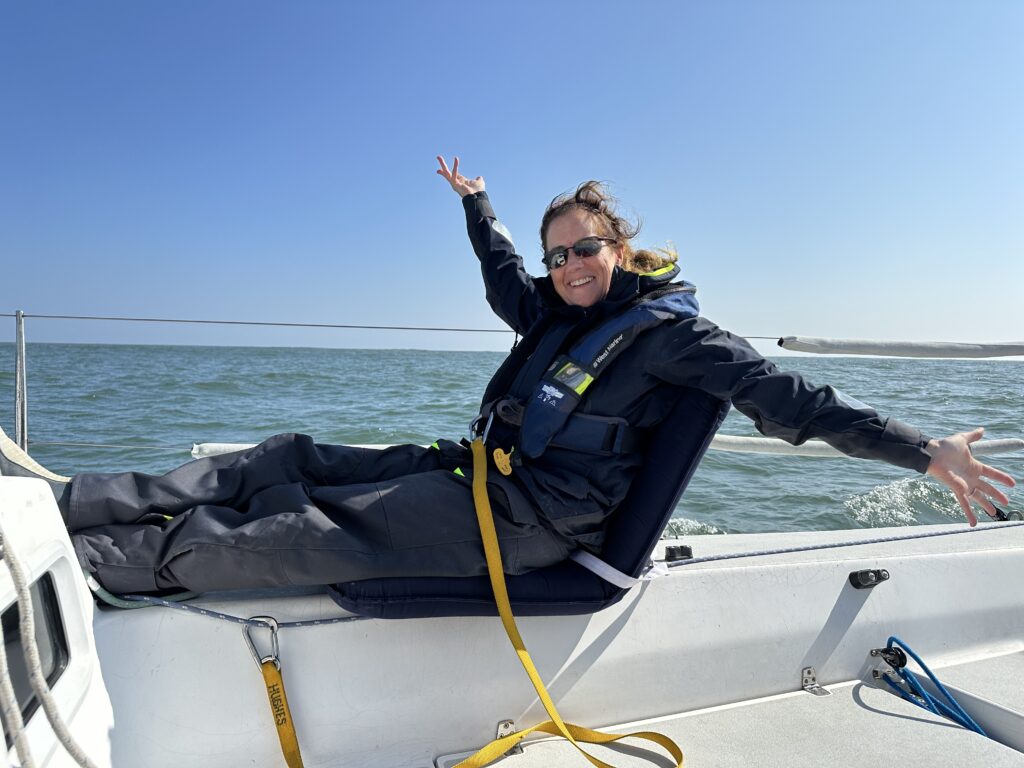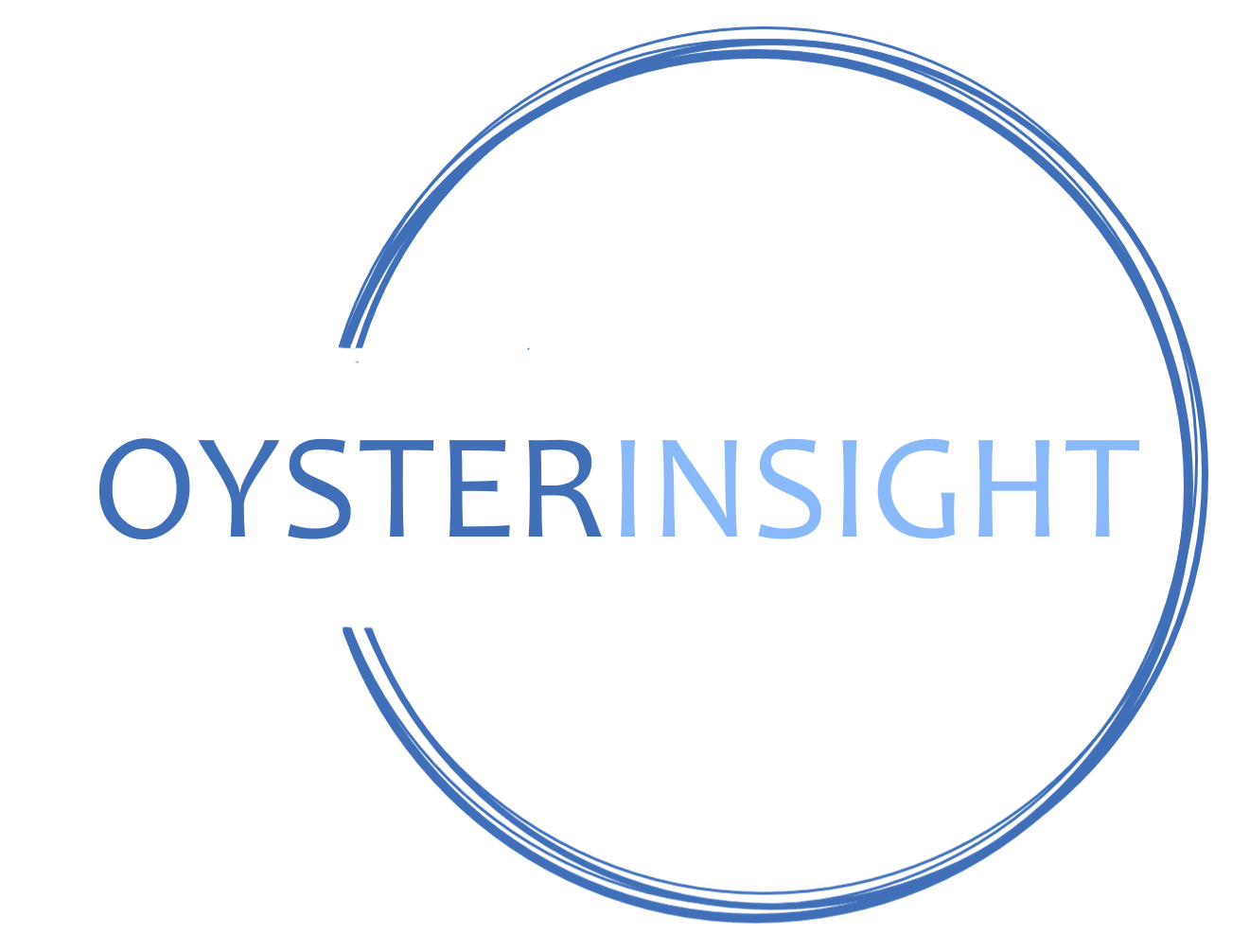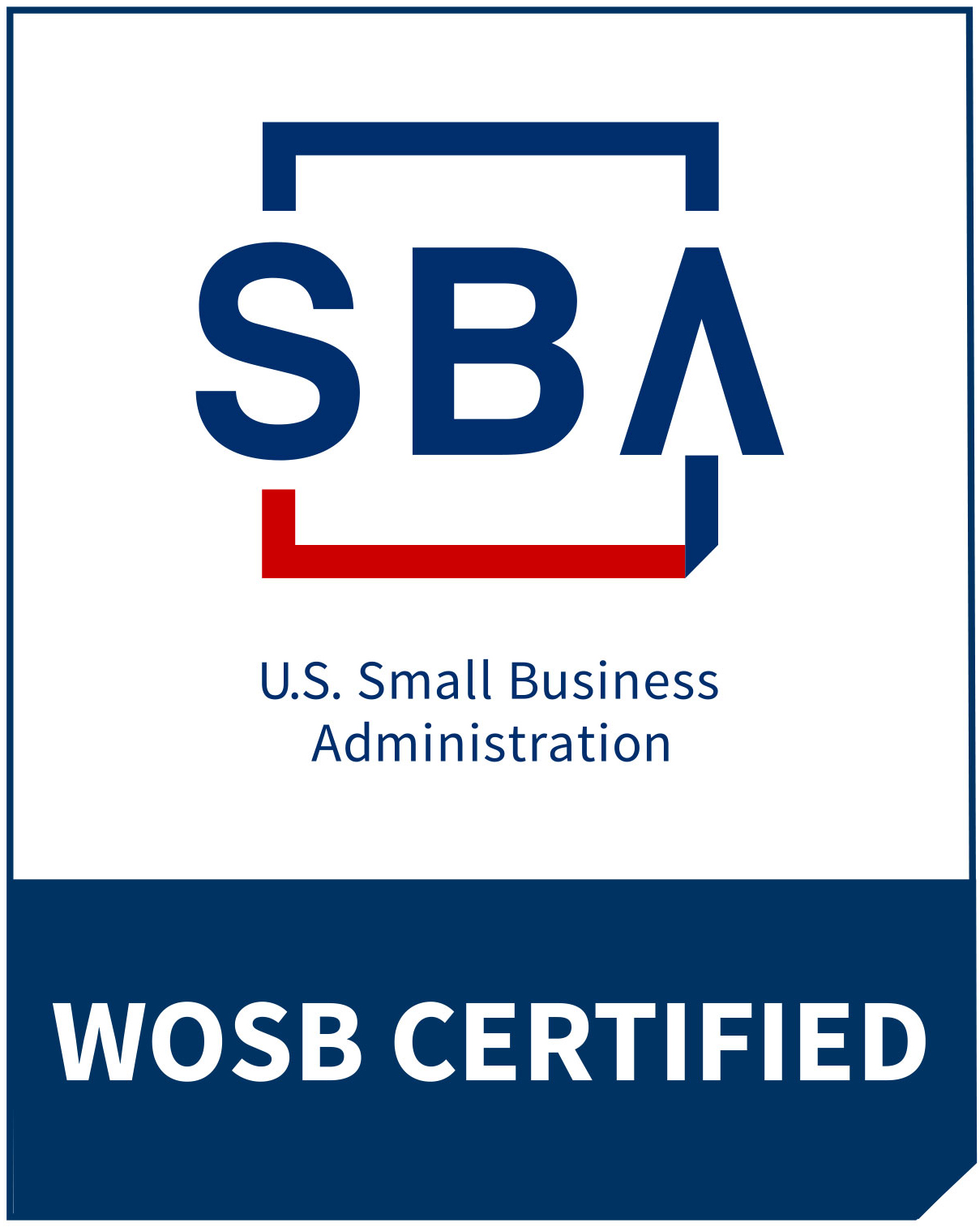How will you know when you need to change course?
It sounds like an obvious question. Often we (and others) are so invested in our plan, or so enmeshed in one point of view, or so wedded to an idea, that we don’t know when to bail. Asking this question makes it less personal and emotional and more objective.
During one of our last Wednesday night races, we had a downwind start. We saw puffs coming down the river on the left side of the start. We decided to start at the left side of the staring line, and then gybe right after we crossed the start to take better advantage of the wind. Our skipper is really good at starting at the end of the line, and combined with our wind observations, and our boat handling skills, this felt like a really strong plan. We were excited about the start.
Less than a minute before the start, our main trimmer called out, “we will not have a puff at the start.” This was super helpful data, especially since everyone else was busy trimming the jib and getting ready to hoist the spinnaker – she was the only one who could really look around.
We stuck with our plan, hoisted the spinnaker, and then after the start, gybed right away. We sailed off into … no puff. And no puff coming down the river. And we were sailing really slowly. And the boats on the other side of the course were also.
Until they weren’t – they had a puff that came down on that side of course. Ouch. Our plan was a bust. We spent the rest of the race trying to catch a puff and catch up to the fleet.
What could we have done differently?
What if we had responded differently when our main trimmer said there wasn’t going to be a puff on our side of the course? What if we had paused for a beat to see if we should stick with our original plan, and still gybe after the start?
What if we had asked ourselves, “when will we know if we need to change our plan?”
Six weeks later, and I’m in the middle of a double-handed delivery on the same boat from the Chesapeake to Rye, NY for a regatta. It’s a 45-hour trip minimum. Yesterday, we had challenging conditions for this boat – wind on the nose and seas 6-8 feet with greater swells. The biggest challenge is that this boat can’t motor sail on starboard tack in any kind of seas – due to the fuel line placement, we will get air in the engine.

So, we were motor sailing on port tack for hours to try to make distance north.
Pounding into the seas and not banging the boat was too challenging for the autopilot so we were hand steering. The waves were coming from two different angles, so it was hard driving to keep the boat from slamming down. The short waves were from the port bow and the big swells from the starboard bow. We took 30-minute turns on the helm so we could focus on driving gently.
We decided to do that for several hours before stopping the engine and tacking onto starboard and heading back into shore, which we knew would be slower. When we made that plan, we were both tired. We had been underway for almost 24 hours and up for longer with only short naps during the trip.
Conditions were stressful and we were not operating from our greatest strength (you don’t sleep much on a double-handed delivery). Doesn’t it always seem to happen that decision-making becomes both harder and more critical at the same time? We tried to objectify the decision-making.
When we decided to stay on port tack for an extended period, and sail at an angle away from the coast, we agreed we would do it for a specific period of time only – unless conditions changed. That was an important caveat: what would need to change for us to literally change course earlier? Or to not tack or change course at all? Our answer was that If wind direction or speed changed, or other new factors were introduced.
At one point, we realized we were far enough offshore that we were losing our cellular data – our connection to weather forecasts, real-time weather data, and communications. That became the important factor in deciding to tack back to shore earlier than we had originally decided.
I had learned from that Wednesday night race: What needs to change for us to change our plan?
How do you make decisions when you are stressed? How do you “decouple” yourself from an idea? When will you know when you need to change course?



